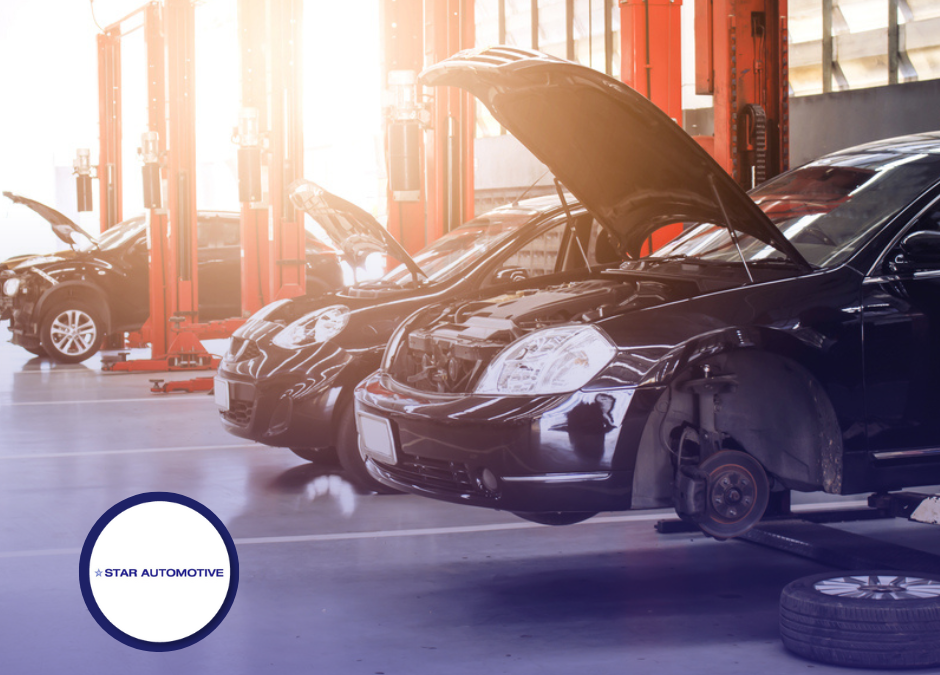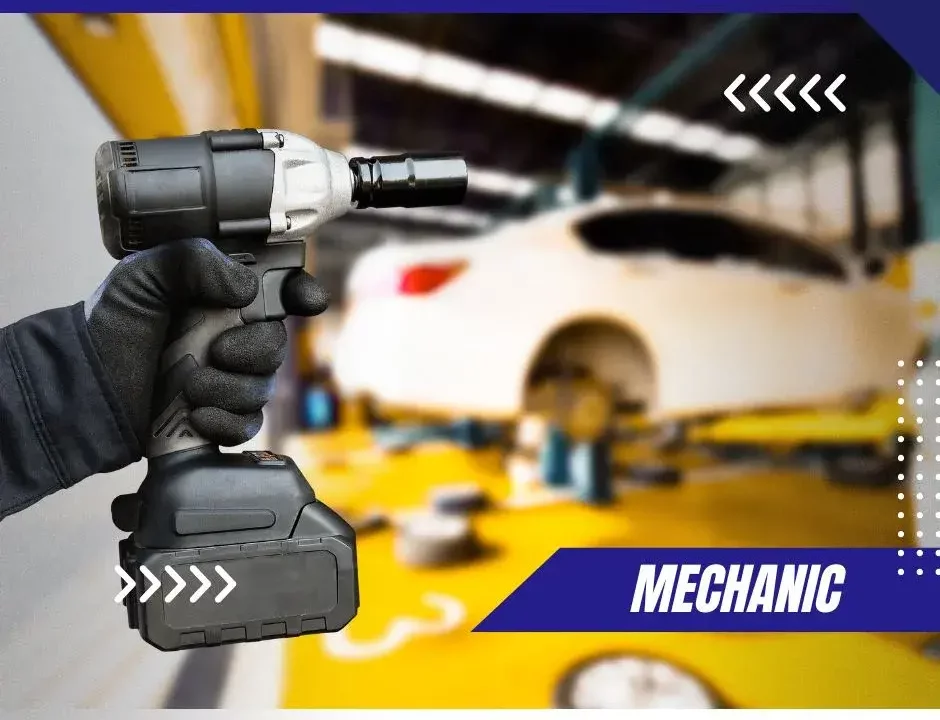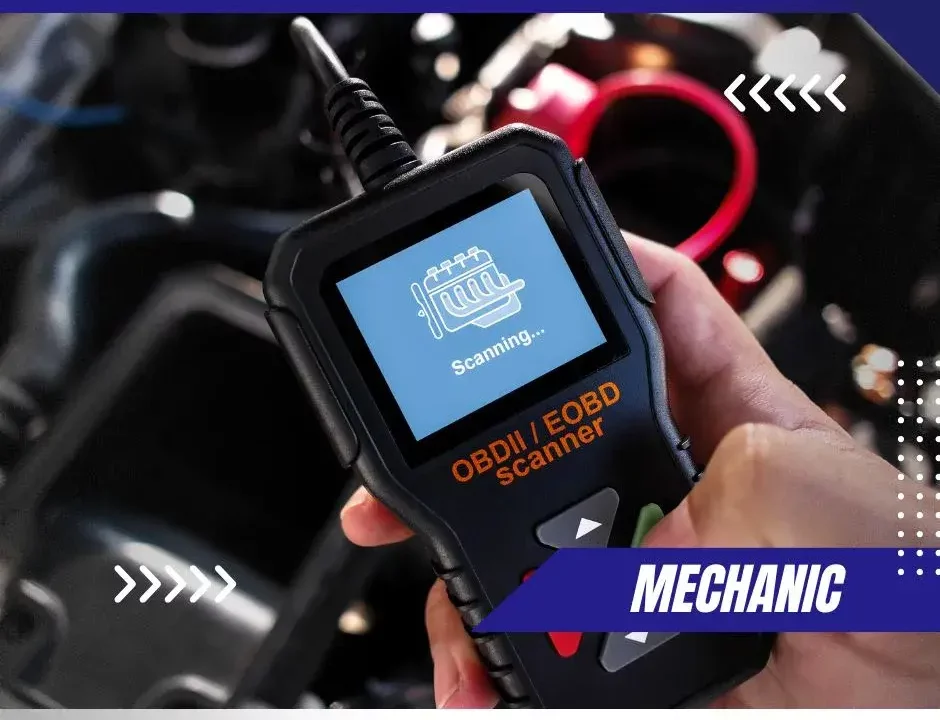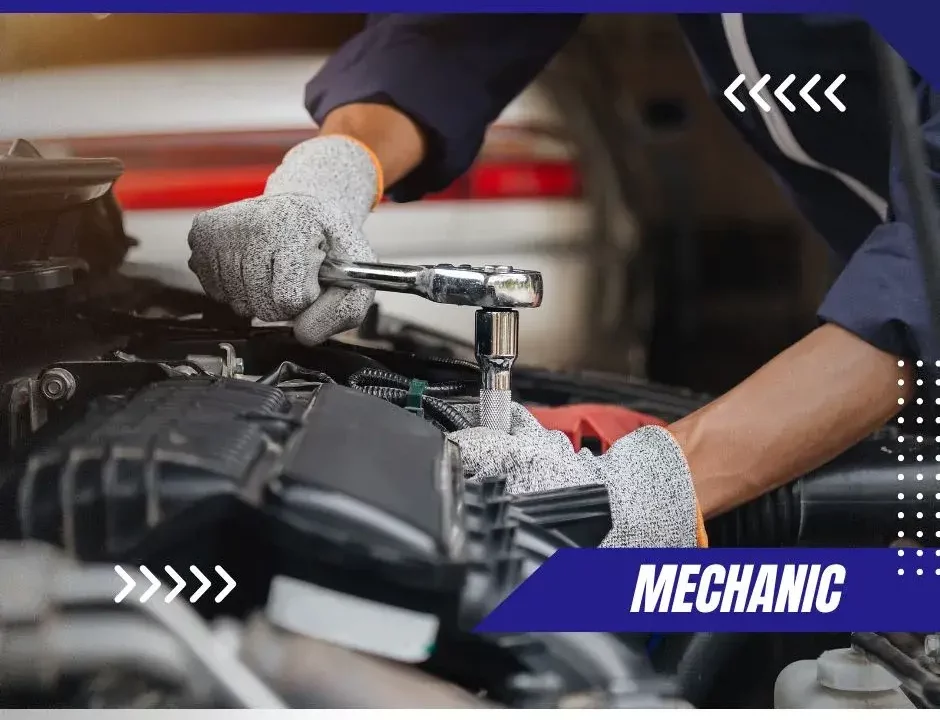
Choosing the Right Mechanic for Your Vehicle: What to Look For
June 15, 2023
How a Car Mechanic Can Keep Your Vehicle Running Smoothly
June 20, 20231. Brake System Repairs: Ensuring Safety and Performance with a Skilled Mechanic
The brake system, a vital component of your vehicle, demands regular maintenance and repairs by a skilled mechanic. Typical brake system repairs involve replacing brake pads, brake rotors, brake calipers, and performing brake fluid flushes. It’s important to address any signs of brake issues, such as squeaking or grinding noises, reduced braking performance, or a spongy brake pedal, as they can indicate the need for immediate repairs.
2. Suspension and Steering Repairs
The suspension and steering system play a vital role in ensuring a smooth and controlled ride. Common repairs in this area include replacing worn-out shocks or struts, ball joints, tie rod ends, and control arms. Issues with the suspension and steering can cause poor handling, uneven tire wear, and an uncomfortable driving experience. Regular inspections and addressing any signs of problems can help prevent further damage and costly repairs.
3. Electrical System Repairs
The electrical system in modern vehicles is responsible for various functions, including starting the engine, powering the lights, and operating the electronics. Common electrical system repairs may involve fixing faulty wiring, replacing fuses or relays, or repairing issues with the battery or alternator. If you encounter electrical problems like a dead battery, malfunctioning lights, or issues with the starter, it’s essential to have them diagnosed and repaired by a qualified mechanic.
4. Engine Repairs: Maximizing Performance with Skilled Mechanics
The engine is the heart of your vehicle, and engine repairs can vary in complexity. Common engine repairs include fixing issues with the ignition system, fuel system, cooling system, and addressing engine performance problems. It’s crucial to address warning signs like rough idling, loss of power, strange noises, or illuminated check engine light promptly. Regular maintenance, including oil changes and filter replacements, can help prevent major engine issues.
5. Transmission Repairs
The transmission is responsible for transferring power from the engine to the wheels. Common transmission repairs may involve fixing transmission fluid leaks, replacing worn-out clutches, or addressing shifting problems. Issues with the transmission can result in poor acceleration, slipping gears, or difficulty in shifting. Timely repairs and regular transmission fluid changes can help prolong the life of your transmission.
6. Cooling System Repairs: Ensuring Efficiency with Expert Mechanics
The cooling system keeps the engine at an optimal temperature and prevents overheating. Common cooling system repairs may include fixing coolant leaks, replacing a faulty radiator, water pump, or thermostat. Signs of cooling system issues include engine overheating, coolant leaks, or a malfunctioning temperature gauge. Ignoring cooling system problems can lead to severe engine damage, so it’s important to address them promptly.
In Conclusion: The Importance of Consulting a Mechanic for Optimal Results
Being aware of common car repairs can help every driver recognize potential issues with their vehicles. Brake system repairs, suspension and steering repairs, electrical system repairs, engine repairs, transmission repairs, and cooling system repairs are among the most common areas that may require attention. Regular maintenance, prompt repairs, and working with a trusted mechanic can keep your vehicle running smoothly and ensure your safety on the road.
Choosing the Right Mechanic for Your Vehicle: What to Look For




